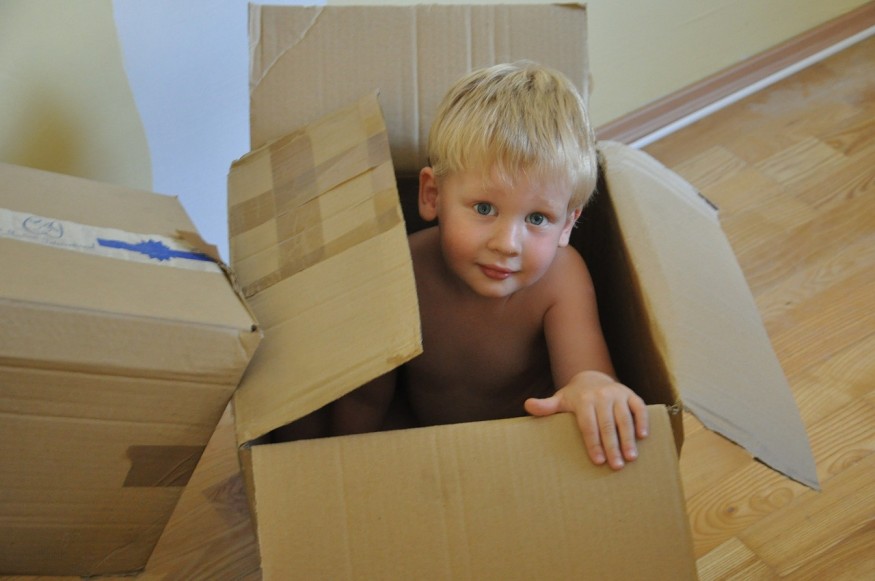
Moving house is stressful and full-on, but if you're upgrading to a dream home, relocating closer to other family members, or making the change for other exciting reasons, you likely can't wait to get to your new abode.
However, when adding children to the mix, it's important to find ways to make the process go as smoothly as possible for them. Moves are often difficult for kids, especially when they've never had to go through this kind of change before.
To reduce how anxious and unsettled they become before, during, and after the move, take set steps to help them out. Follow some effective moving tips today if you and your family are heading to a new home in the coming months.
Acknowledge How Your Children Feel
It's essential to acknowledge how your child feels. Moving house is a big change for a kid of any age, so don't pressure them to be fine with it or happy about going to a new abode. Listen to what your youngster has to say, and accept the feelings that arise. They likely have a variety of emotions they're trying to deal with; sharing these will help them.
Involve Them
It's wise, too, to involve your children in the move wherever possible. You won't want to take young ones to many house inspections, but you can take older kids along to check out the homes on your shortlist, and then obtain their input.
Also, talk to each member of your family about what they most hope to find in a new home. This discussion helps them get excited about the possibilities (although you'll need to steer them according to your budget and what's possible). Sometimes you may be surprised by what's important to kids. They all have different things they hold dear.
Give Your Kids Some Sense of Control
Similarly, look for ways you can give your family a sense of control when moving house. For example, let your kids choose their bedrooms at the new property, and make decisions about how they'll decorate them. If you talk with children about the color scheme they'd like to use for their space and pick out fun, fresh bedding, artwork, pillows, accessories, etc., this helps them feel like they have some sense of control. In turn, this should reduce anxiety and stress.
Discuss Expectations
It's helpful, too, to talk with your children about their expectations of the move. Young kids, in particular, won't have much understanding of the concept of moving. Talk with them, then, so they have some idea of what to expect. Explain the term simply and, for toddlers and other youngsters, use props to help, such as miniature furniture, dolls, and other toys.
When you can, spend a little time at the new house with your children before moving day. Let them get a feel for the new property and point out all the fun aspects of the house and neighborhood. You might even take some of their belongings to the abode each time you visit, so they can start to see how their new life will look and feel. Also, spend time exploring the area and find some favorite new places, such as cafes, parks, walking tracks, shops, and play centers.
Limit the Number of Changes
When possible, limit changes in your kid's life that they have to deal with before and during a move. The changes you put off will depend on your child's age and development level. However, as an example, you could steer clear of sending them to a new daycare or school, toilet training, advancing them from a crib to a bed, or changing all the main furniture in your house until after some time has passed. Give your child a transition period to adjust to the new home before you introduce lots of other new things into their life.
Celebrate Positive Memories
Take the time to celebrate happy memories of your "old" house. Encourage kids to remember the home in some way, such as creating a keepsake like a scrapbook. Put together a memory book that includes photos of the property and your family within it during meaningful moments.
You might also gather mementos from the home and its yard to stick into the book. Add in drawings and stories your child creates about the home, and the memories made there. Doing this will help them to get a sense of closure.
Moving house is a big deal for adults, but it's even more of an unsettling and overwhelming change for children. As such, do everything you can to help your children adjust to their new home and to feel secure and loved, no matter where they live.



